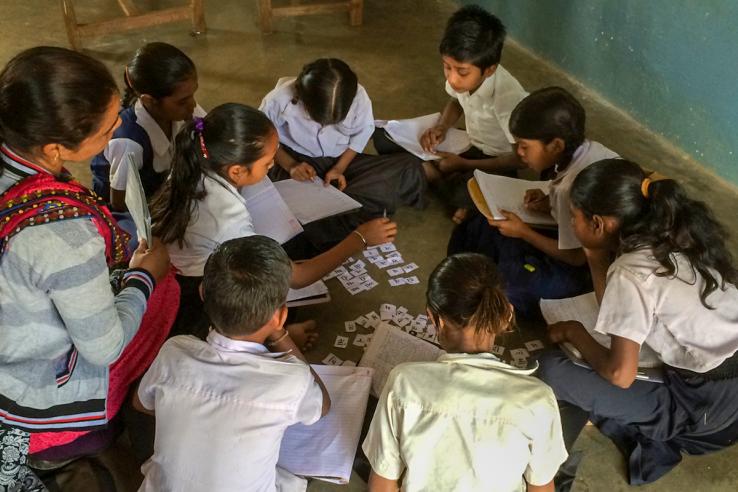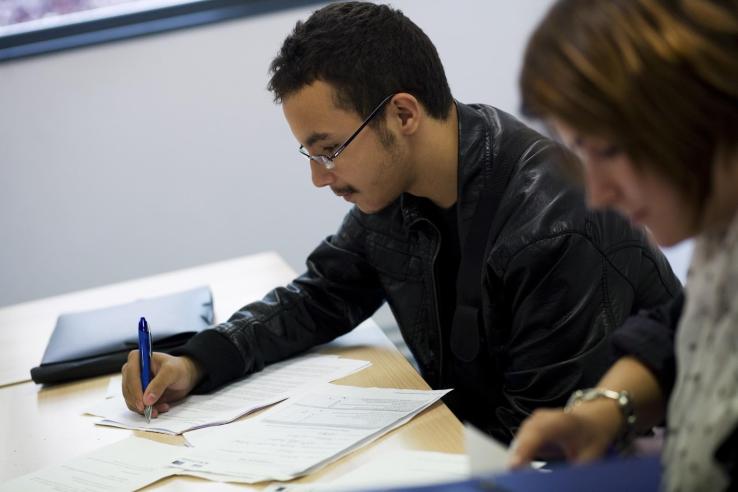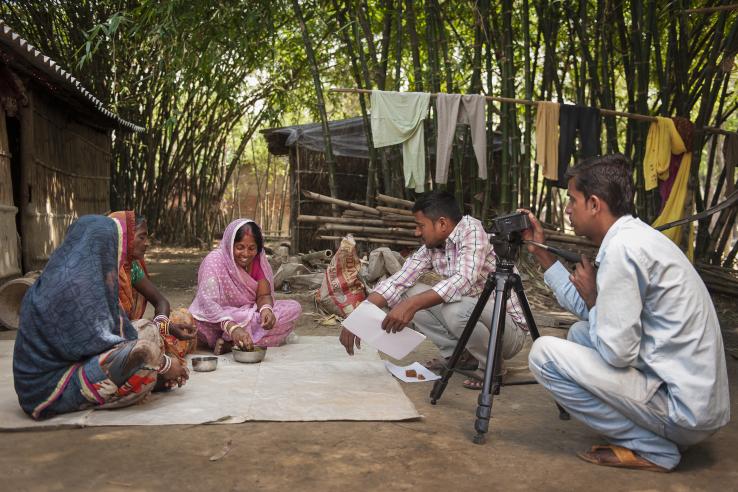Applying research insights
Well-designed randomized evaluations can provide insights into not only whether or not a program works, but also why. In other words, in addition to learning about the impact of a particular program, researchers can often draw out the mechanisms behind that program’s success to help derive general lessons that can be applied in the same context, as well as more broadly across different contexts and different sectors.
Using a practical generalizability framework, policymakers can use these lessons to inform the design of a broader spectrum of programs and policies. For example, through a series of randomized evaluations in India, Ghana, and Kenya, researchers learned that when children are behind in school, there are a range of cost-effective strategies based on the insight of regrouping students by their current learning level rather than by their age. Governments and organizations in other contexts, such as Zambia, have been able to apply the general idea of “teaching at the right level” to inform the design of their own remedial programs.




